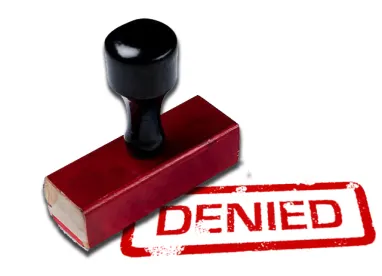In parallel with the district court case where Amgen is asserting that Sandoz has not complied with the BPCIA because they have not provided Amgen with a copy of their biosimilar application, in October 2014 Amgen filed a Citizens Petition requesting FDA require such disclosure. On March 25, 2015 FDA denied Amgen’s Petition.
In their Petition, Amgen requested that before accepting an application for review under section 351(k) of the Public Health Service Act, FDA should require the application to include a certification that the applicant will timely comply with section 351(1)(2)(A) “by providing the reference product sponsor with a copy of the biosimilar application and information that describes the process(es) used to manufacture the biosimilar product that is the subject of that application.” One month after Amgen filed their Petition, Momenta opposed it arguing that the patent exchange provisions in section 351(1) are not mandatory and that “there is no statutory basis for the requested FDA role via certification or enforcement with respect to the private patent exchange process under Section 351 (1).” According to Momenta, granting the Petition would be contrary to congressional intent, specifically to separate FDA from the patent resolution process. In its denial of Amgen’s Petition, FDA made it clear that it has no intention of getting involved in interpretation of the patent exchange provisions of section 351(l). FDA relied on the fact that neither section 351(k) nor section 351(1) requires FDA to impose a certification requirement as part of the biosimilar review process. Section 351(1) describes “procedures for information exchanges and the resolution of certain patent rights between the biosimilar applicant and the reference product sponsor. These procedures are parallel to, but separate from, the FDA review process.” Further FDA stated that the BPCIA generally does not describe any FDA involvement in monitoring or enforcing the information exchange by creating a certification process or otherwise. FDA supported their denial by contrasting the BPCIA with the patent certification requirements for section 505(b)(2) applications and abbreviated new drug applications where there is a requirement for application sponsors to identify certain patents for listing by FDA. Moreover, FDA refused to adopt either of the competing interpretations of the BPCIA provisions because “These competing interpretations of section 351(1) are the subject of litigation that may clarify how section 351(1) should be interpreted.”
In that litigation, Amgen has now filed an appeal to the Federal Circuit of the lower court’s denial of a preliminary injunction to block the launch of Zarxio. Both parties have requested expedited review and oral argument is projected for June 2015. Amgen has also requested an injunction during the pendency of the appeal. Sandoz for their part has agreed not to launch until the earlier of May 11 or a ruling from the Federal Circuit on Amgen’s request for the injunction pending appeal.




 />i
/>i
